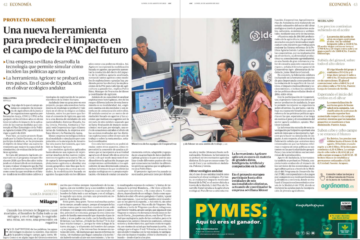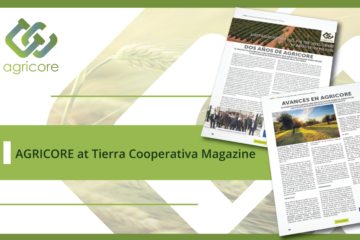Today, as we reflect on our shared responsibility to protect the planet, let’s explore the crucial role of assessing and modeling agricultural policies in building a more sustainable and greener future.
Agriculture plays a significant role in shaping our environment, from land use to water consumption and greenhouse gas emissions. By carefully assessing and modeling agricultural policies, we can steer our food systems towards sustainability while mitigating environmental impacts.
Here’s how assessing and modeling agricultural policies can contribute to a more sustainable and greener planet:
- Reducing Carbon Footprint: By analyzing the environmental footprint of different agricultural practices, we can identify strategies to reduce greenhouse gas emissions, such as adopting regenerative farming techniques and minimizing reliance on fossil fuels.
- Preserving Biodiversity: Through policy assessments, we can prioritize conservation efforts and land-use practices that protect biodiversity, safeguarding ecosystems and the essential services they provide for agriculture, such as pollination and soil fertility.
- Promoting Resilience: Modeling agricultural policies allows us to anticipate and adapt to environmental challenges, such as climate change and water scarcity, ensuring the resilience of our food systems in the face of uncertainty.
- Enhancing Food Security: Sustainable agricultural policies prioritize equitable access to nutritious food while promoting efficient resource use and reducing food waste, contributing to global food security and addressing hunger.
On this World Earth Day, let’s commit to advocating for evidence-based agricultural policies that prioritize sustainability, resilience, and the well-being of both people and the planet. Together, we can cultivate a greener future for generations to come.


